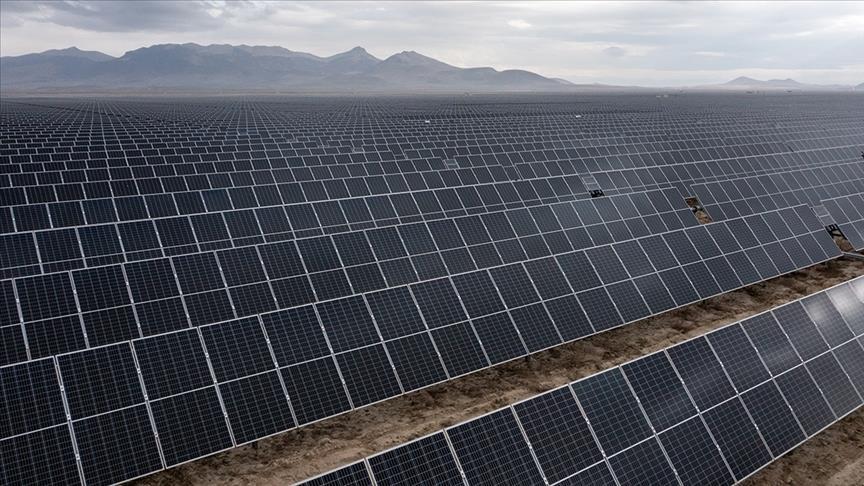

By Anadolu Agency
Türkiye ranks among the top 11 countries in the world in installed renewable energy capacity, the Turkish energy and natural resources minister announced Wednesday, citing data from the International Renewable Energy Agency (IRENA).
“We have ranked among the top 11 countries globally in renewable energy and hold the fifth position in Europe,” Alparslan Bayraktar said in a statement.
By generating electricity from renewables, Türkiye is not only reducing its dependence on imports but also making steady progress towards its 2053 net zero carbon target, Bayraktar added.
China ranks first, according to IRENA’s renewable capacity statistics for 2024. The US and Brazil follow, while other countries: India, Germany, Japan, Canada, Spain, France and Italy are also on the list.
With 58,462 megawatts of installed capacity, Türkiye is ranked eleventh, followed by Russia, the UK, Australia, and Vietnam. Turkey was ranked 12th in the previous ranking.
As part of its energy policy, the country is actively trying to incorporate solar, wind, geothermal, and hydropower into its energy mix.
The government policy aims to commission 5,000 megawatts of renewable energy capacity, consisting of 3,500 megawatts of solar power and 1,500 megawatts of wind energy annually, with the aim of reaching 60,000 megawatts of new installed power by 2035.
“As of April 2024, we have surpassed 1,400 megawatts. We will definitely reach the 5,000 megawatt target by the end of the year,” Bayraktar said.
He declared that Türkiye’s total installed electricity capacity stands at 110,000 megawatts, with 25,000 megawatts derived from renewable energy sources.
He explained that the target is to increase the current installed capacity of 25,000 megawatts to 30,000 megawatts by the end of the year and 35,000 megawatts by 2025, and to further expand to approximately 90,000 megawatts by 2035.
“Every kilowatt-hour of electricity we generate in the renewable context means a reduction in the amount of natural gas, coal, and oil we import,” Bayraktar added.
We use cookies on our website to give you a better experience, improve performance, and for analytics. For more information, please see our Cookie Policy By clicking “Accept” you agree to our use of cookies.
Read More